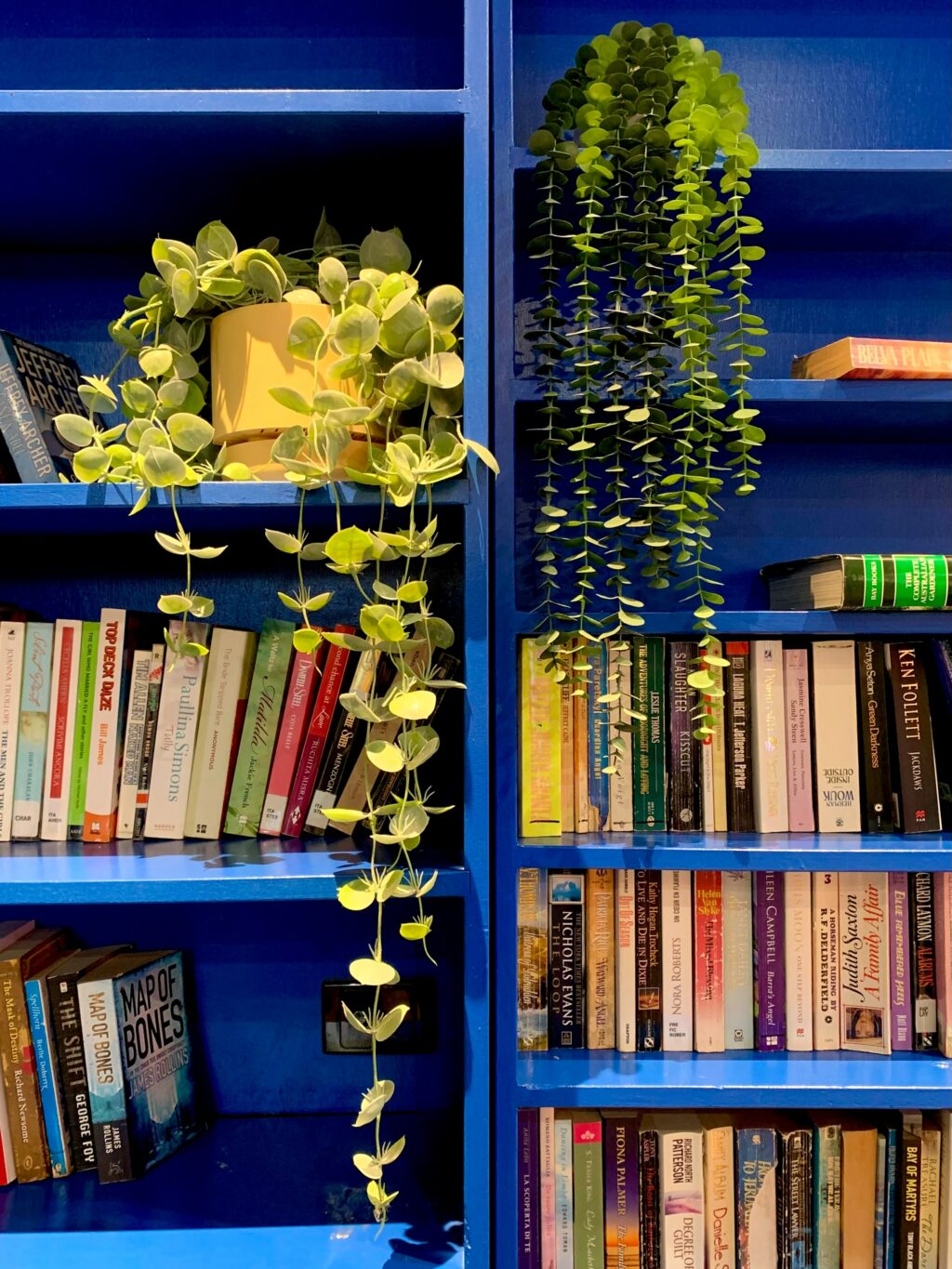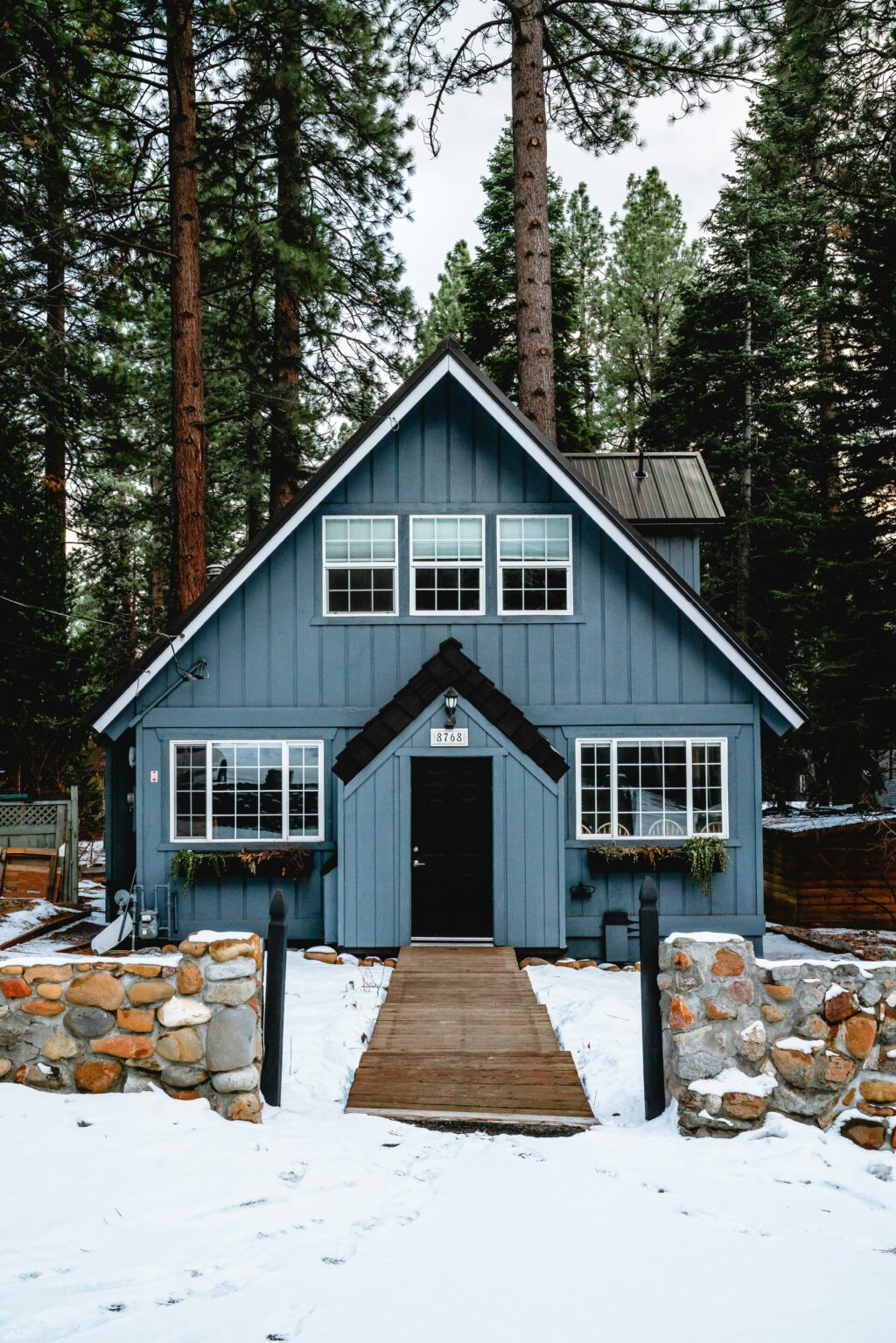Finding the Form with Jill Solnicki
By Jill Solnicki
In her Finding the Form online exclusive blog post, Jill Solnicki talks about her process, and reveals drafts of her poem “Blue Rooms”.
Finding the form of a poem is both a conscious process, and a mysterious one. Why mysterious? Because, for me, a poem seems to arrive from above, out of air, or from below, as if emerging out of deep water. The key for me is to be “there” for this arrival.
If that sounds magical, and maybe ridiculous, the creative moment is, in my experience, one of readiness: if I’m busy, preoccupied, problem-solving or focused on whatever is required to work through a day, I’m not receptive to poetry’s momentary visit. For this reason, I’m writing much more now that I’m retired from my day-job, teaching.
On the other hand, once the poem is “captured” (sometimes I carry a notebook, or I use “Notes” on my phone, or grab a napkin or theatre program—whatever available when words and images come), editing is a more conscious process. To a much greater degree, we writers take control of a poem’s editing: removing details that seem extraneous or overburdening; trying to enter and end the poem at its right moment; and looking for words, lines and stanza length that have the sounds and shape for conveying the poem’s meaning.

I love that rare opportunity to see the drafts of famous poems: the crossed-out lines, the inserted or removed words: what has been rejigged as the poet distills the poem to its final entity.
I humbly offer up two earlier drafts (there were more) of “Blue Rooms” for that kind of elucidation, to illustrate aspects of the journey to “finding the form”.
Looking back at these, I see my removing many of the initial details; the honing in on the stronger images; rearranging ideas; and my lengthening the lines to create the sound appropriate for an elegiac poem.
Paul Valéry said, “A poem is never finished, only abandoned.” Needless to say, I don’t pretend that this final version of “Blue Rooms” is perfect. But isn’t it interesting to observe how a piece of writing, any piece of writing but especially a poem, emerges from its initial bulk—the way a block of stone gets chiselled to its final polished form

BLUE ROOM (Draft 1, March 3, 2021)
I rode that room—aged five to twenty-one/two—
blue walls, bedspread blue with red,
drapes the same material,/drapes like material/fabric
window looking [out] onto the backyard—
the bookcase on the left,
behind the door,
the books unread—foisted by my parents—
heavy with expectation—The Life of Marie Currie—
and ones I read again, again—the fairy tales
[and their gorgeous illustrations]:
prince, princess, horses’ heavy manes and tails
like wind, or ocean,
around them forests deep.
I loved my address:
Rosemary Lane,
as if my house were a pretty girl
sitting on its curve, its step,
her number—twenty-one—
rich in/with threshold.
But with the beauty, birdsong [at the window],
I knew, too, that the wolf hunched under the bed.
He curled/hunched each night, he waited.
I did not dare let my hands hang,
but kept them safe at night, tight to my torso/body
under the blue blanket.
And in the closet something even worse [lurked]:
faceless, nameless, a shadow inside shadows
hiding behind/among the dresses,
in the corner by the shoes—
by day eluding bright inspection,
but at night, lights out,
it watched, waited,
hovered, hooded—
sniggering at the baby nightlight
that threw its/throwing feeble beam.
And here I am, on another/different narrow bed;
the walls are the blue again —of/merging everything—
water, sea, sky
as if I floated on eternity;
[and here they come.]
And I didn’t know,
not until/till now …
that all along, they’d been with me:
the wolf in the skirts of my wedding dress/gown,
inside the stuffed animal/toy my baby chewed—
through/during all those walks in woods, in gardens,
just out of sight behind the pine,
the tall purple iris.
And from the closet, too,
the shadow in its black hood,
it has now thrown off: really a skeleton—its white/
had reached out, for me, all my life,
bleached bones the sun, its long legs and arms
had whitened/whitening the grass, the road [saw each day.]
And now they climb up,
the wolf with a leap/jump, the skeleton bending her
clanking knobbed knees,
lie, one on each side.
The wolf looks at me, its eyes devoted as a dog’s—
I bury/sink my face in his deep fur.
I take the skeleton’s hand, her fingers long,
elegant, polished as marble./
The skeleton takes my hand in with her long, lanky,
knobbed fingers.
And here we lie,
I and my two old friends
like three figures carved on a sarcophagus,
[serene,] eyes closed, deep in the well of dark wolf earth,
cool as a bone’s white stone.

BLUE ROOMS (Final draft, July 27, 2021)
In my blue room, in my childhood house,
a wolf lived under the bed.
At night he hunched, hungry.
I dared not hang my hands—tucked them
tight to my body under the blanket.
Also, in the blue room closet,
the shadow. Faceless, nameless, it hollowed
behind the pink smock dress my mother made.
By day it eluded detection;
but at night, lights out,
it laughed at the nightlight’s dribble.
The house sat on the bend
of a street named Rosemary Lane—
as if its green shutters, white birch,
winding walkway, were a pretty girl
sitting on the front step—rich with threshold…
Yet, here I am—surprised, somehow,
to find myself on another narrow bed,
in another blue room.
Not robin’s egg blue, the colour
of hatching, fledgling, flight—
this time a dissolve of water, sky…
I float.
And here they come again!
And I never knew
that all along they’d stayed:
the wolf curled in the skirts of my wedding gown,
and at the foot of my baby’s crib;
that he’d followed, like a faithful spaniel,
during walks in woods, gardens—
out of sight behind a pine, the purple iris—
and, child-blind, I never saw
that beneath the shadow hood
a skull stared out from socket hollows—
or that all these years
the shafts of sun whitening the grass,
the white lines leading the tar-black road,
were bones.
Now they climb on the bed—
the wolf with a leap,
the skeleton bending her knobbed knees;
the wolf gazes—I bury myself in his deep fur den.
The skeleton takes my hand;
how elegant her fingers—candles, cool stone.
Jill Solnicki has published two volumes of poetry, This Mortal Coil and The Fabric of Skin, and a memoir, The Real Me is Gonna be a Shock. She is working on her third poetry collection.
Photo by Steve Wang on Unsplash

